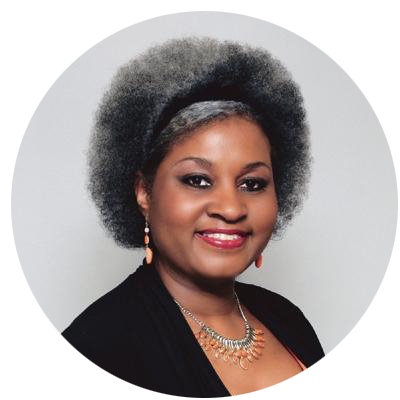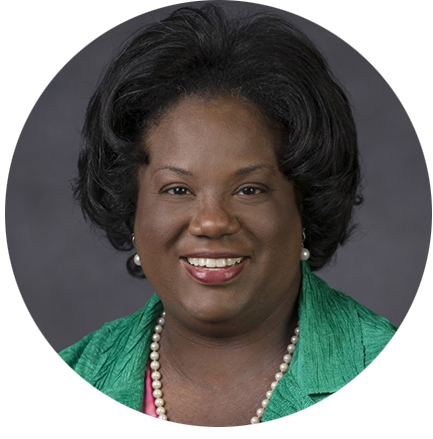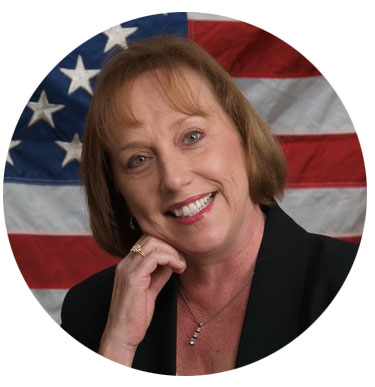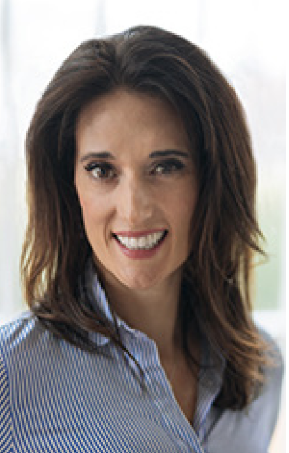It’s not every day you see women being represented in the political forefront. South Carolina is ranked 44th in the U.S. for female legislators, according to the Center for American Women and Politics at Rutgers University. The Winthrop Women’s Coalition, led by first lady of the University Laura Mahony, welcomed four female politicians in South Carolina.
The bipartisan panel was comprised of four women elected to the South Carolina State Senate and the House of Representatives. Jennifer Leigh Disney, chair of Winthrop’s political science department, moderated the discussion.

Democratic Rep. Wendy C. Brawley won her seat in a special election in June 2017. She is the representative for District 70, which serves parts of southeast Columbia, lower Richland and Sumter. Brawley currently serves on the Education and Public Works Committee, and was named the Freshman Legislator of the Year by the S.C. Podiatric Medical Association. She is also the co-founder and CEO of IMARA Woman’s Magazine, a lifestyle and personal growth magazine.

Democratic Rep. Chandra Dillard was elected to represent SC House District 20 in 2008. She formerly served on the first Greenville City Council with a female majority. This city council was also the first to have a female majority the state of South Carolina. Later, Dillard was the first female chair of the agricultural sub-committee in the S.C. House. She currently serves as a member of both the Legislative Oversight Committee and the Labor, Commerce and Industry Committee. She is also a Winthrop alum who received a bachelor of science.

Republican Rep. Raye Felder was elected to represent S.C. House District 26, which includes a portion of York County, in 2012. Felder has been named Fort Mill Citizen of the Year and Fort Mill Business Person of the Year. She is an advocate for her community, serving on the Board for Community Housing, York Technical College Foundation Board, York County Economic Development Board, York County Zoning Board of Appeals, Rock Hill Arts Council Board and has volunteered with the S.C. Guardian Ad Litem and Junior Achievement.
Republican Sen. Katrina F. Shealy was the first woman elected to the S.C. State Senate in 2012. Shealy serves as the Chairman of the Family and Veterans’ Services Committee and sits on the Corrections and Penology, Banking and Insurance, Fish, Game, and Forestry and Judiciary Committees in the Senate. She is a member of the Joint Citizens and Legislative Committee on Children, the State Child Fatality Advisory Committee, the State Domestic Violence Advisory Committe and the South Carolina Suicide Prevention Coalition.
Disney spoke about the history of women’s rights and overall the changes that have been reflected in South Carolina.
“There are 23 of 124 women–or 18 percent–in the South Carolina House and there are four of 46 women–or nine percent–in the South Carolina Senate … so we are rising. We have been 50th, but we’re moving in the right direction,” Disney said.
Shealy said that when she joined the state senate there were no women in the S.C. senate. She said that she was “truly the minority.”
“I think that there’s good parts and bad parts about being the minority. The good part is that we’re able to build on that, there was one woman in the Senate and now there are four … there were challenges, but we overcame those, and now they don’t show the difference that they did then, [and] we work really well together. I get a lot done, actually, because I think they don’t know what to do with me, so they let me do a lot of things that they might not let their other male counterparts do. I deal with children’s issues, women’s issues, family issues that men would not necessarily bring up. I think being in the minority has served me well up to that point,” Shealy said.
Felder said that there are 23 women in the S.C. House of Representatives. “We do form somewhat of a sisterhood,” Felder said, adding that Dillard was “somewhat” of a mentor to her.
“We actually have a formal caucus, which is the general assembly women’s caucus, and that entails from the House as well as from the Senate, and we work very well together,” Felder said.
Dillard said that her first experience with politics was when she ran for city council. She described joining a city council that was majority women as “great.” She said that her first experience in politics where she was part of the majority in terms of gender “did volumes” for her self-confidence. She said that those experiences laid a “great foundation for going into a male-dominated state house” and said that her confidence continued as she made the transition.
“You have to go and do a job that the people sent you do to. You know because if I walked into the state house everyday and thought about being the minority I would never get anything done because let’s face it, I got a triple threat thing going on, and so my constituents sent me there to do a job … and I will say that I’ve been in the state house long enough that I’ve had the opportunity to work under the leadership of two speakers, and I will say that our current speaker does respect women, he has given us the opportunity to lead, he listens to us and if there is something that you’re very, very passionate about he will do his best to try to encourage you,” Dillard said.
Brawley said that when she came in to the state house, she did so as a result of a special election. She spoke about being suitemates with Gilda Cobb-Hunter, who is the longest-serving member of the South Carolina House of Representatives. She said that having Cobb-Hunter there has been “wonderful” and that she was able to provide her with a mentorship.
“I think [mentorship] is so important as a new legislator, and you know, I just kind of took for granted that I was there to do a job, and that I didn’t have any obstacles. You know you operate from a point of strength, and perhaps I’ve not come to grips with the fact that there are obstacles that are supposed to keep me from doing certain things,” Brawley said. “I can honestly say that I’ve not had any issues with my male counterparts. You know, I came along in the #MeToo generation, so, you know, with the general assembly, so they are super duper cautious about anything that they say, and it’s almost to the point that you kind of tell them to relax, ‘it’s okay.’”
One of the issues discussed was the potential obstacles women may face when running for office and the opportunities for young women. Brawley said that there are groups for women today that “didn’t exist a decade ago.”
“There’s EMERGE that helps you go through class courses to help you run for office. There’s [Women in Leadership,] which is a bipartisan group of women in various leadership roles throughout the state,” Brawley said.
“Find something that you’re passionate about. For me, [that was] education. It was the first office that I held, and it still is education. And then pursue that. You may not find that it is for you to run for an elective office. Maybe you want to be appointed to a board, maybe you want to serve on a commission, but there is opportunity for anything that you choose to do. I suggest for anyone that does want to do something, do something at the community level,” Brawley said.
Dillard said that women who want to run for office should research the position they are interested in running for.
“I would just simply add that if you’re really interested in running for office and that you’ve identified the office in which you would like to seek, do some homework on that office. …Find someone who has done the job and is doing the job,” Dillard said.
“You know, often women will come to me at every age and ask me, if they’re interested in the statehouse, ‘What is it like?’ Some people just run. They don’t know what it’s like. They don’t know what they’re getting into,” Dillard said.
Felder discussed “volunteerism” as a way for those to figure out if and where they should run.
“If you really think deep down, you have a public servant’s heart, and you want to put your name on that ballot–your family’s name on that ballot–take a hard look at where you volunteered your time. Did you find it fulfilling? Did you find it rewarding? Because that’s where you really find your voice,” Felder said.
Shealy stressed the importance of believing in yourself.
“Don’t ever do it because, you know, you just think you’re going to win. I can tell you I had probably, and I know everybody has a tough race. Every race is tough, but I had nasty race when I ran for office,” Shealy said.
Shealy said that when she had run four years prior to being elected, she had lost by 437 votes in a district of 110,000. She said she was running against an 18-year incumbent who had redrawn the districts and had cut out the precincts she had won. The case made it to South Carolina’s supreme court and resulted in every candidate in every race being taken off the ballot. She said that she ultimately had to run as a petition candidate.
“I had to get 5,000 signatures of registered voters in my district, and they had to be registered voters, and they checked them, so I had to get 8,000 because, you know, they’re going to throw some off just because,” Shealy said. “I went door to door, and in the last six weeks I knocked on 20,000 doors. I know how many doors because I printed out 20,000 flyers and I gave out every one of them. I have Wonder Woman tennis shoes framed in my office, if y’all want to come visit, and we beat him by 10 percent as a petition candidate.”
Martin Jackson, a sophomore political science and history double major, said after the event that he didn’t know how “unproportional” the number of women politicians is compared to the general population.
“This event was really a great influence for women to put themselves out there and be willing to try,” Jackson said. “It was like an inspirational type of event and was very much needed for tonight.”
Sophomore middle level education major Kayla Jenkins said that she really enjoyed the event.
“It did give me a lot of insight because I do plan on running for offices within South Carolina. So it’s just good to hear how their experiences as a woman, and not only as women, but how their race played a part in them running for office as well,” Jenkins said.




